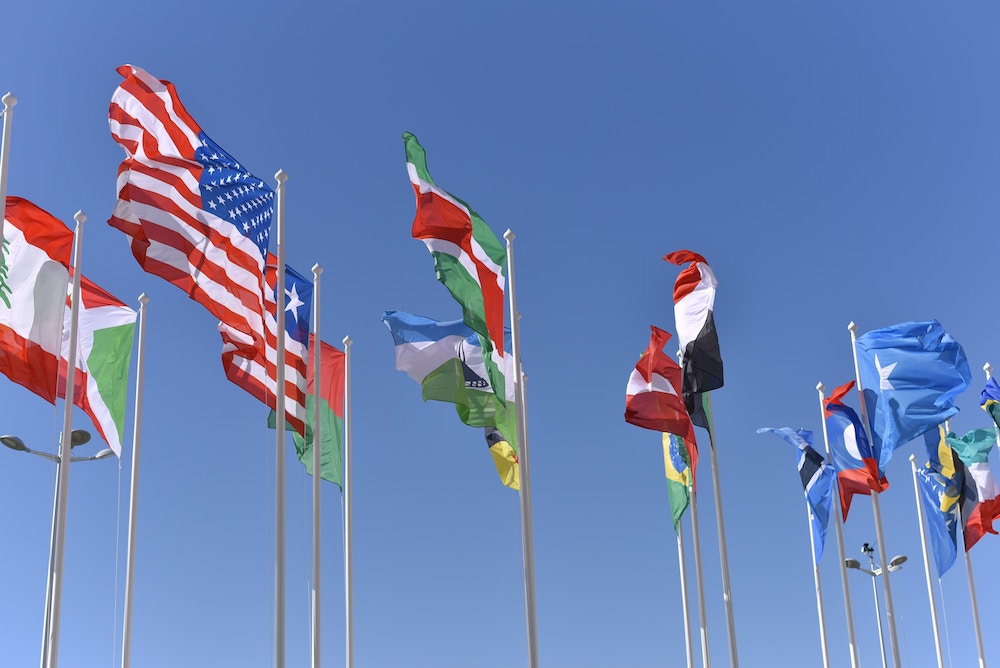Washington debates foreign aid budget
It may seem counterintuitive, but foreign aid is tremendously beneficial to the countries who give aid as well as those that receive it. Most of us are familiar with the important ways humanitarian aid helps people: providing food, clean water, healthcare, education and more to those who otherwise wouldn’t have access. But if you live in an industrialized country like the United States, you might not realize how your country providing foreign aid benefits you personally. Here are just a few ways that the benefits of foreign aid boomerang back to the givers.

Foreign aid lays important groundwork for trade. Did you know that 11 out of the United States’ top trading partners once received foreign aid from the U.S.? The fastest-growing economies in the world are in developing countries, and establishing good relationships with them is key for the continued health of industrialized countries’ economies. There is a lot of concern about jobs being exported, but one out of five American jobs rely on exporting goods.

Remember Ebola? You’re not really worried about it anymore because of foreign aid. In the midst of the 2014 outbreak in West Africa, Liberian President Ellen Johnson Sirleaf asked for support from the United States, saying, "Only governments like yours have the resources and assets to deploy at the pace required to arrest the spread." The United States worked together with countries around the world to provide aid in stopping the spread of the deadly virus, and it worked. What about polio? There was a time when the risk of polio, another highly contagious and devastating disease, was very real for people around the globe, including in the U.S. But thanks to a global effort to eradicate polio, it has been completely eliminated in 120 countries. The ease of mobility we enjoy as a global community also means that diseases like Ebola, Zika, AIDS and so on are everybody’s problem.
Foreign aid reduces many of the root causes of instability and conflict: lack of access to food, clean water, health care, education and other key ingredients of peace. Former President George W. Bush said in an op-ed in 2017, “Societies mired in disease breed hopelessness and despair, leaving people ripe for recruitment by extremists. When we confront suffering — when we save lives — we breathe hope into devastated populations, strengthen and stabilize society, and make our country and the world safer.”
When we confront suffering — when we save lives — we breathe hope into devastated populations, strengthen and stabilize society, and make our country and the world safer. George W. Bush, former President of the United States
Read more: 3 myths about poverty and foreign aid
Think about the things you want, or the problems you wish could be solved. Maybe it’s a cure for cancer. Maybe it’s affordable electric or self-driving cars. Maybe you’d like more attention paid to a social justice cause, or maybe you want a weather-proof drone. The more demand there is for a product, scientific advance or service, the more likely it is to happen. In order for more people to be working on the same problems that are relevant to you, we need to conquer the problems of poverty first. The YouTube explainer extraordinaires at Kurzgesagt made a fascinating video detailing exactly why this is:
Top photo by Tyler Nix via unsplash.